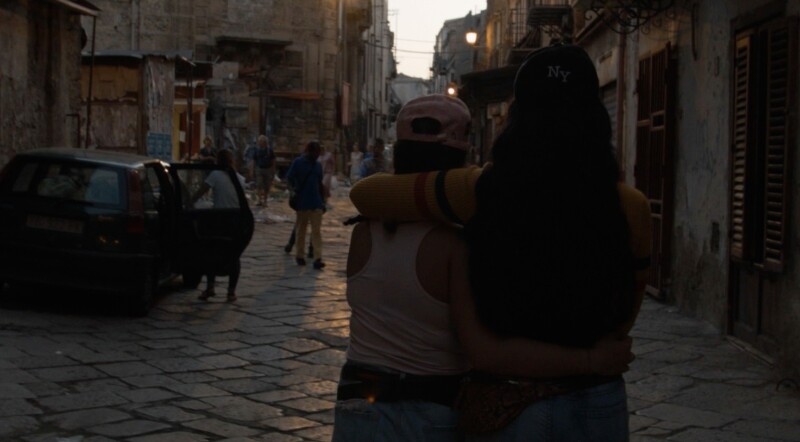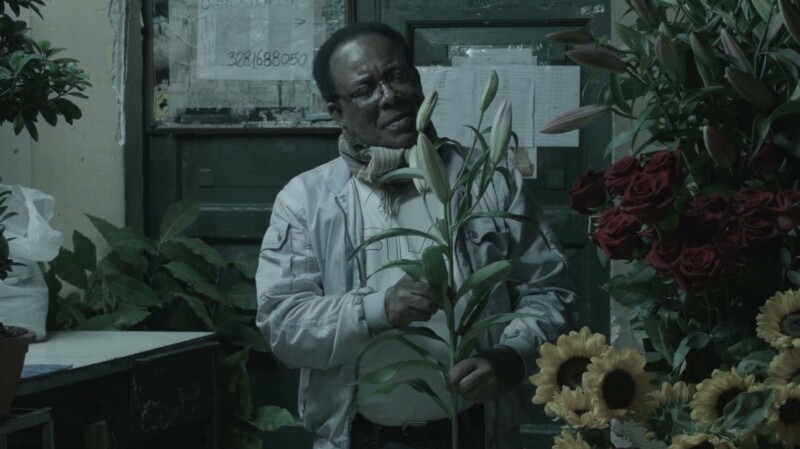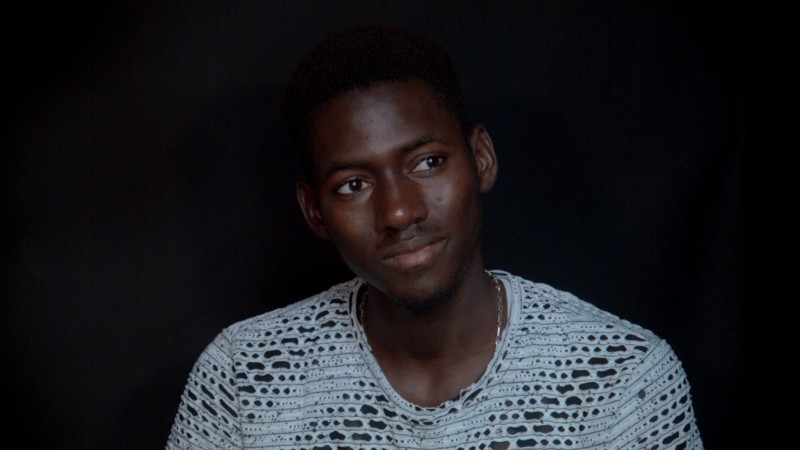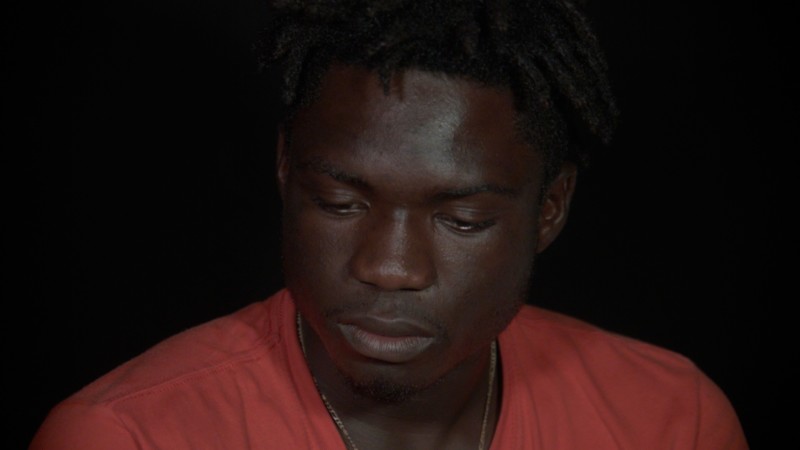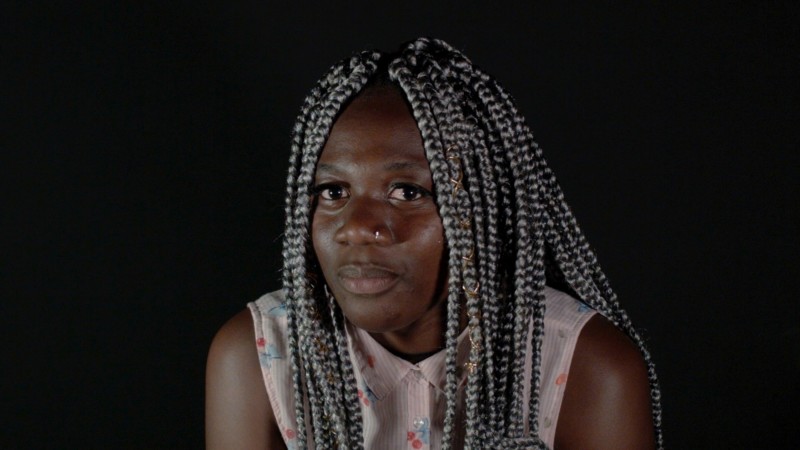In the film, Mustapha deals with the fact that many young migrants either return to their home country or move to another place due to a lack of prospects. Mustapha himself also asks himself whether he should stay in Palermo or go somewhere else.
Mustapha F. came to Sicily from Gambia. He had to spend several months in different reception camps until he came to Palermo. He speaks about this time in another interview with We Refugees. Since then he has been going to school, learning Italian and, like many others, working part-time (often several jobs and usually without an employment contract).
Leaving for Northern Europe seems very attractive to many and – from Mustapha’s point of view – perhaps makes one forget what one has in Palermo. The desire to go to the north of Europe is very common among young people in Palermo. Mustapha has seen many people leave with a dream of a better life. Some have returned to renew their papers but do not find their connection in the city.
How were the films and fragments in Palermo made?
Diawara B. and Diallo S. from Giocherenda held a three-day workshop with six participants in Palermo: Glory M., Fatima D., Ismail A., Kadijatu J., Marrie S. and Mustapha F. Mixing different approaches and games, the group exchanged personal experiences and shared them in the black box in front of the camera. Furthermore, Fatima D., Ismail A. and Mustapha F. consented to being portrayed in short films by the We Refugees Archive film crew beyond the workshop. The portraits deal with their lives in the city.
Giocherenda is a professional organization led by, for and with young refugees in Palermo that offers storytelling games. Its aim is not to help refugees and support them, but the opposite: refugees bring locals together for the sake of exchanging their experiences with refugees.
The word Giocherenda stems from the Fula language Pular, primarily spoken in Guinea, and connotes solidarity, interdependence and strength generated from people getting together. Phonetically, it resembles the Italian word “giocare” (to play), which inspired the collective to develop games for the sake of producing narratives and personal memories.
Refugees’ perspectives
In the interviews, the film crew consciously abstained from screenplays and standardized questions. Instead, the refugees directed the course of the interview and discussed only those topics they were willing to speak about. With We Refugee Archive’s mission in mind, the participants’ personal experiences in Palermo and their visions for the near future was the rough focal point. Thus, experiences during and personal trajectories of forced migration to Europe were shared and discussed at the individual’s own will and not required nor elicited on demand.
Direction: Francesca Bertin
Camera: Max Sänger
Production: Francesca Bertin
